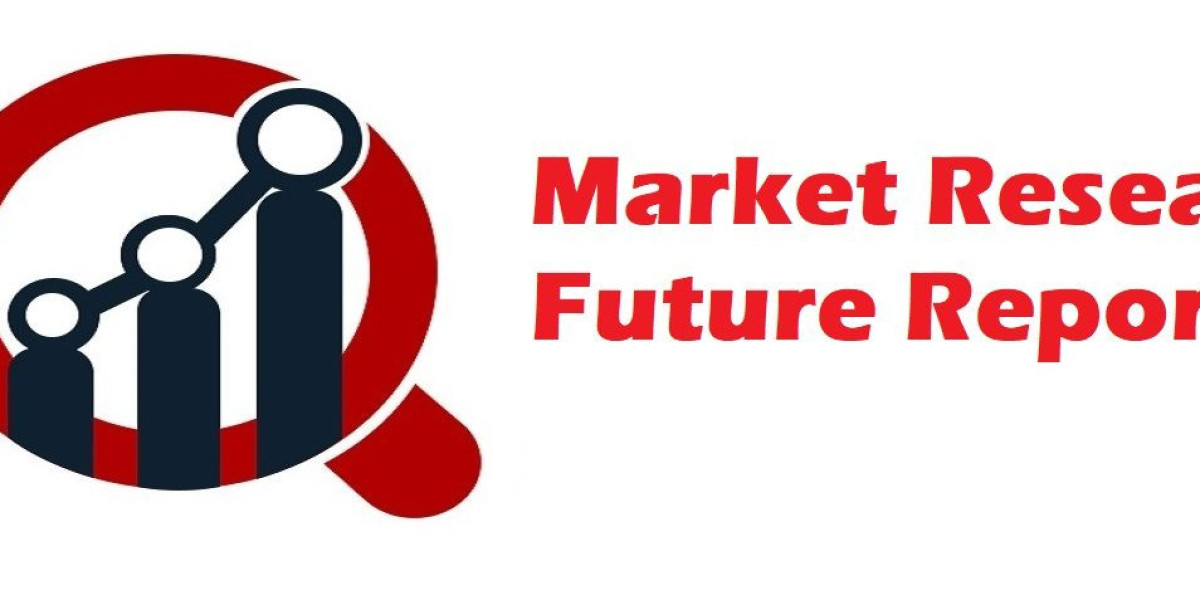Chronic Obstructive Pulmonary Disease (COPD) is a progressive respiratory condition characterized by obstructed airflow, making breathing difficult. It encompasses various conditions such as chronic bronchitis and emphysema. COPD affects millions worldwide, posing significant challenges to healthcare systems and patients' quality of life. However, advancements in COPD treatment have provided hope for better management and improved outcomes.
The COPD market has witnessed substantial growth due to increased awareness, rising prevalence, and technological innovations. Key players in the pharmaceutical and medical device industries are investing heavily in research and development to introduce novel therapies and devices targeting COPD management.
Chronic Obstructive Pulmonary Disease Treatment:
Effective COPD treatment aims to alleviate symptoms, slow disease progression, and enhance patients' quality of life. The treatment regimen typically includes medications, pulmonary rehabilitation, oxygen therapy, and in severe cases, surgical interventions such as lung volume reduction surgery or lung transplantation.
- Pharmacological Interventions: Inhalers are the cornerstone of COPD management, delivering bronchodilators and anti-inflammatory agents directly to the lungs. Long-acting bronchodilators such as beta-agonists and anticholinergics, along with corticosteroids, are commonly prescribed to improve airflow and reduce exacerbations.
- Biological Therapies: Emerging biological therapies target specific pathways involved in COPD pathogenesis, offering personalized treatment options. Monoclonal antibodies against interleukin-5 (IL-5) and interleukin-4/13 (IL-4/13) have shown promise in reducing exacerbations and improving lung function in certain patient subgroups.
- Non-pharmacological Approaches: Pulmonary rehabilitation programs encompass exercise training, education, and psychosocial support, empowering patients to better manage their condition and enhance physical function. Additionally, supplemental oxygen therapy improves oxygenation and alleviates symptoms in hypoxemic COPD patients.
Market Dynamics:
The global COPD market is witnessing robust growth, driven by increasing disease prevalence, aging populations, and advancements in treatment modalities. Pharmaceutical companies are focusing on developing innovative therapies with improved efficacy and safety profiles, addressing unmet medical needs in COPD management.
- Technological Advancements: Inhaler devices with advanced features such as dose counters, breath-actuated mechanisms, and smart connectivity are enhancing medication adherence and optimizing treatment outcomes. Furthermore, digital health platforms offer remote monitoring and personalized care solutions, empowering patients and healthcare providers in COPD management.
- Strategic Collaborations: Collaboration between pharmaceutical companies, research institutions, and healthcare organizations accelerates drug development and facilitates access to novel therapies. Partnerships for clinical trials, market expansion, and patient advocacy initiatives contribute to the growth of the COPD market and promote awareness and education.
- Market Expansion: Emerging markets present lucrative opportunities for chronic pulmonary disease treatment providers, driven by increasing healthcare expenditure, improving access to healthcare services, and rising awareness about respiratory diseases. Moreover, government initiatives aimed at reducing the burden of COPD and improving patient outcomes further stimulate market growth.
Future Outlook:
The COPD market is poised for continued expansion, propelled by ongoing research efforts, technological innovations, and evolving treatment paradigms. Personalized medicine approaches, including biomarker-driven therapies and genetic testing, hold promise in optimizing treatment selection and improving clinical outcomes for COPD patients.
The COPD market is dynamic and evolving, with significant opportunities for innovation and growth. By leveraging technological advancements, fostering strategic collaborations, and prioritizing patient-centric care, stakeholders can address the unmet needs in COPD management and enhance the quality of life for millions affected by this debilitating respiratory condition.
Top of Form
Browse Related Reports:
For More Information, Please Visit @ Market Research Future















